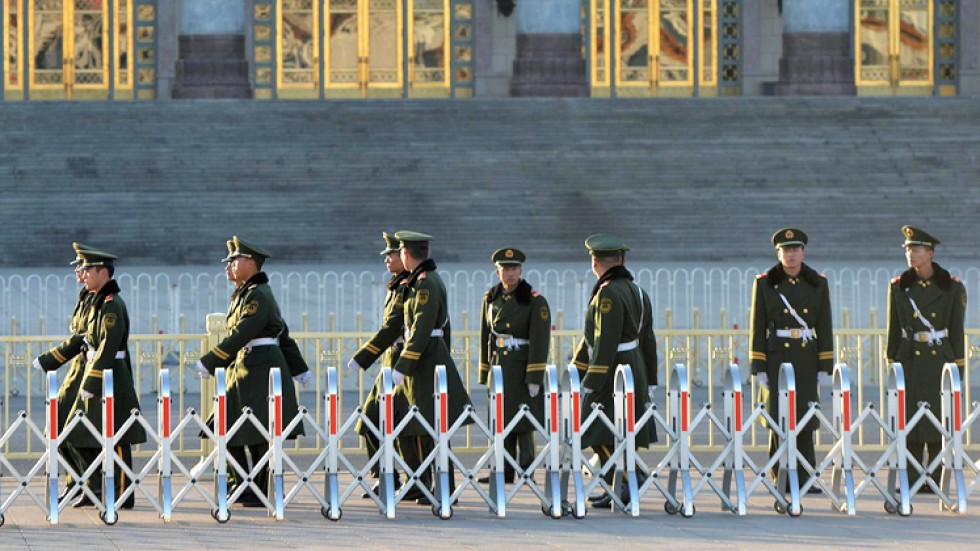Beijing to set up powerful national security body in face of mounting threats
Powerful agency expected to co-ordinate efforts of various government departments covering intelligence, the military and foreign affairs
Wednesday, 13 November, 2013

The country's top leaders have decided to set up a national security committee to chart a coherent security strategy for China - an emerging superpower facing mounting challenges to stability at home and abroad.
The communiqué issued at the end of the Communist Party Central Committee's four-day plenum said: "A national security committee will be established to perfect the national security system and national security strategy and safeguard national security."
The Xinhua report on the communiqué gave no details.
Observers said the new agency would absorb representatives from the diplomatic, military, intelligence and commerce agencies, with a view to avoiding the implementation of policies becoming fragmented.
A source with knowledge of the matter said Wang Huning, a Politburo member and long-time policy adviser to top leaders, would be the committee's executive deputy director.
Beijing has in recent years moved gradually from a low-key foreign policy approach to a more proactive one. The party leadership that took power under Xi Jinping last November is widely seen as being more assertive, especially in territorial disputes with maritime neighbours such as Japan and the Philippines.
Internally, public discontent over social and economic equality and potential ethnic unrest in Tibet and Xinjiang are considered the main security threats.
Until now the country has lacked a powerful agency to co-ordinate security strategies across various departments, such as those responsible for intelligence, the military, foreign affairs and police, even though the idea was floated more than 30 years ago. The establishment of such an agency has long been hindered by vested interests that stand to lose power in a reshuffle.
The concept was most seriously considered in 1997. In that year, then-president Jiang Zemin visited the US National Security Council, the US president's principal conduit for security advice from intelligence, military and law enforcement officials and other advisers.
Jin Canrong, professor and deputy dean of Renmin University's school of international studies, said the new national security committee appeared to be inspired by the US body. The NSC includes representatives from a wide spectrum of government agencies, including the Joint Chiefs of Staff and secretaries of state, defence, treasury and homeland security. The council reports directly to the president.
"This ensures that the diplomatic and security policies of the US will be more consistent with its long-term strategy and better co-ordinated," Jin said. "The structure of China's national security committee will be similar to that of the US NSC."
Yue Gang, a Beijing-based military affairs commentator, said the existing mechanism was insufficient to handle heightened external risks stemming from territorial disputes and cybersecurity, especially after the spying allegations of former US intelligence contractor Edward Snowden.
"Some of the external security tasks are now handled by diplomatic agencies and their strength does not match the tasks' requirements," Yue said. "Some issues have to be handled with the participation of other parties, such as the military."
But dissidents fear more domestic crackdowns under the committee, comparing it to the Soviet Union's KGB.
"All security committees of communist regimes have a bad reputation," activist Hu Jia said. "It is another step taken by the party to consolidate its power."
No comments:
Post a Comment
Comments always welcome!